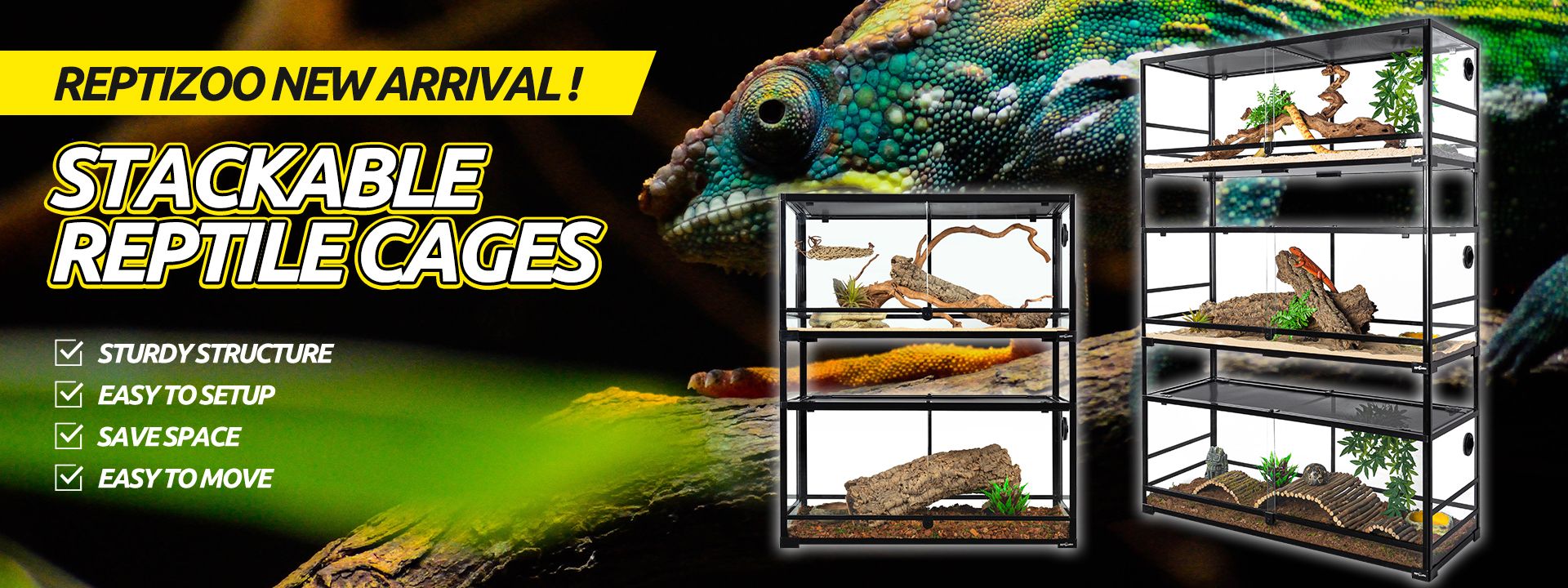Are you a proud snake owner or considering becoming one? One of the most essential aspects of caring for a snake is providing it with a suitable habitat. A snake tank, also known as a terrarium, plays a crucial role in the health and well-being of your scaly friend. In this article, we will guide you through the process of selecting, setting up, and maintaining the ideal snake tank for your reptilian companion.
Creating an optimal environment for your snake is vital to ensure its longevity and happiness. A snake tank serves as a microcosm of their natural habitat, providing them with the right conditions to thrive.
Choosing the Right Snake Tank
When selecting a snake tank, consider the species, size, and future growth of your snake. A larger tank with horizontal space for movement is preferable. Remember, snakes are skilled escape artists, so a secure enclosure is crucial.
Setting Up the Snake Tank
Creating the Base
Start with a solid foundation. Line the tank bottom with a substrate that mimics the snake’s natural environment. Aspen bedding, cypress mulch, or coconut coir can be suitable choices.
Selecting Substrate
The substrate varies based on the snake’s habitat. For desert snakes, use sand-like substrates, while forest-dwelling snakes may require soil and mulch.
Temperature and Lighting
Maintaining the right temperature gradient is essential. Provide a basking spot with a heat lamp and ensure a cooler side as well. Use UVB lighting for snakes that require it.
Furnishing the Snake Tank
Hiding Spots and Shelter
Snakes love to hide. Place snug hiding spots on both the warm and cool sides of the tank. These spots reduce stress and help them feel secure.
Branches and Climbing Accessories
For arboreal snakes, add branches for climbing. This enriches their habitat and provides exercise opportunities.
Water Source and Humidity Control
A water dish large enough for soaking must be available. Some snakes also require higher humidity levels, so a humidity box may be necessary.
Selecting the Appropriate Snake Species
Different snake species have varying habitat requirements. Research the needs of your specific snake to ensure its tank is appropriately set up.
Feeding and Care in the Snake Tank
Feeding Schedule
Feed your snake appropriately sized prey items. The feeding schedule depends on the snake’s age and species.
Cleaning and Maintenance
Regularly clean the tank to prevent odor and disease. Remove waste, shed skin, and replace soiled substrate.
Common Mistakes to Avoid
Incorrect Sizing of the Tank
A cramped tank leads to stress and health issues. Research the adult size of your snake and choose a tank that accommodates it.
Inadequate Temperature Regulation
Improper temperature gradients can result in poor digestion and other health problems. Use a thermometer to monitor temperatures.
Poor Substrate Choice
Some substrates can be ingested by snakes during feeding. Avoid substrates that can cause harm if swallowed.
Snake Tank Safety Measures
Secure Lid and Enclosure
Snakes are escape artists. Ensure the tank has a secure lid to prevent them from getting out and potential predators from getting in.
Monitoring Equipment
Use temperature and humidity gauges to monitor conditions inside the tank. This helps you make timely adjustments.
Enhancing Your Snake’s Habitat
Live Plants
Adding live plants can improve air quality and aesthetics. Choose snake-safe plants that thrive in the tank’s conditions.
Decorative Elements
Incorporate hides, rocks, and other decorations. These elements offer enrichment and make the tank visually appealing.
Conclusion
Creating a snake tank that mimics your reptile’s natural habitat is a rewarding endeavor. By carefully selecting the tank, substrate, temperature, and decorations, you provide your snake with a safe and comfortable home that contributes to its well-being.

